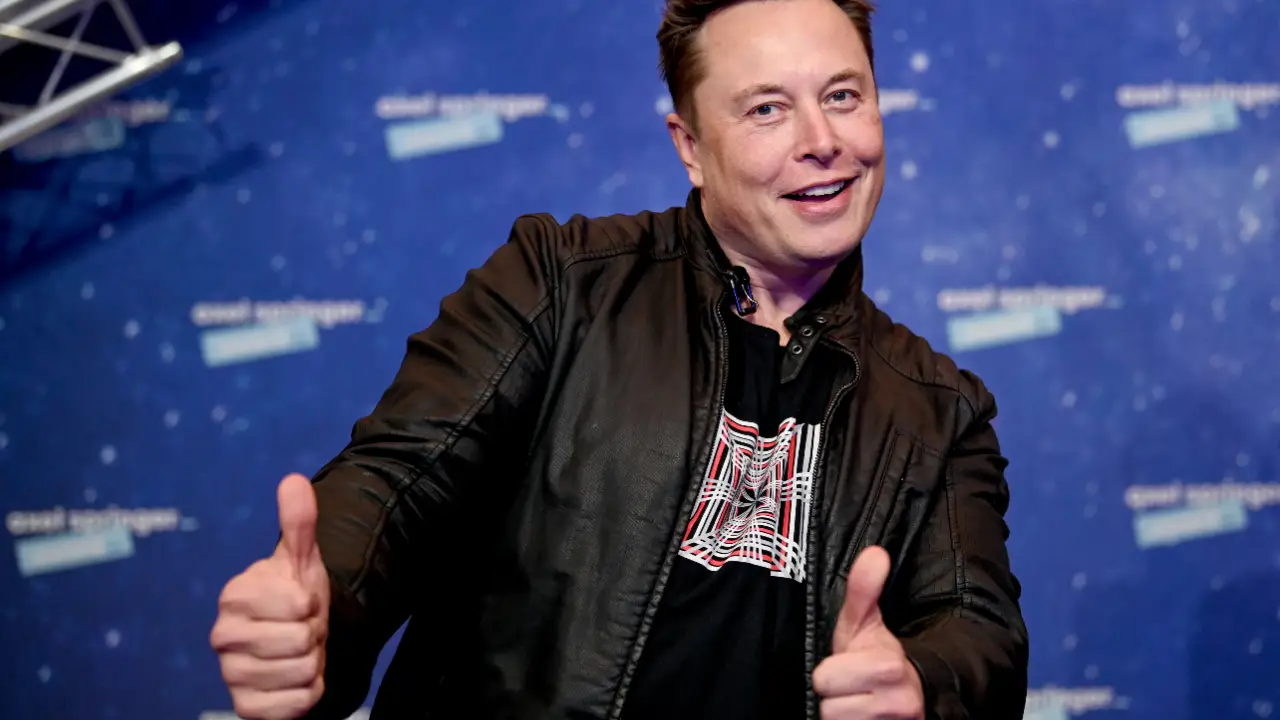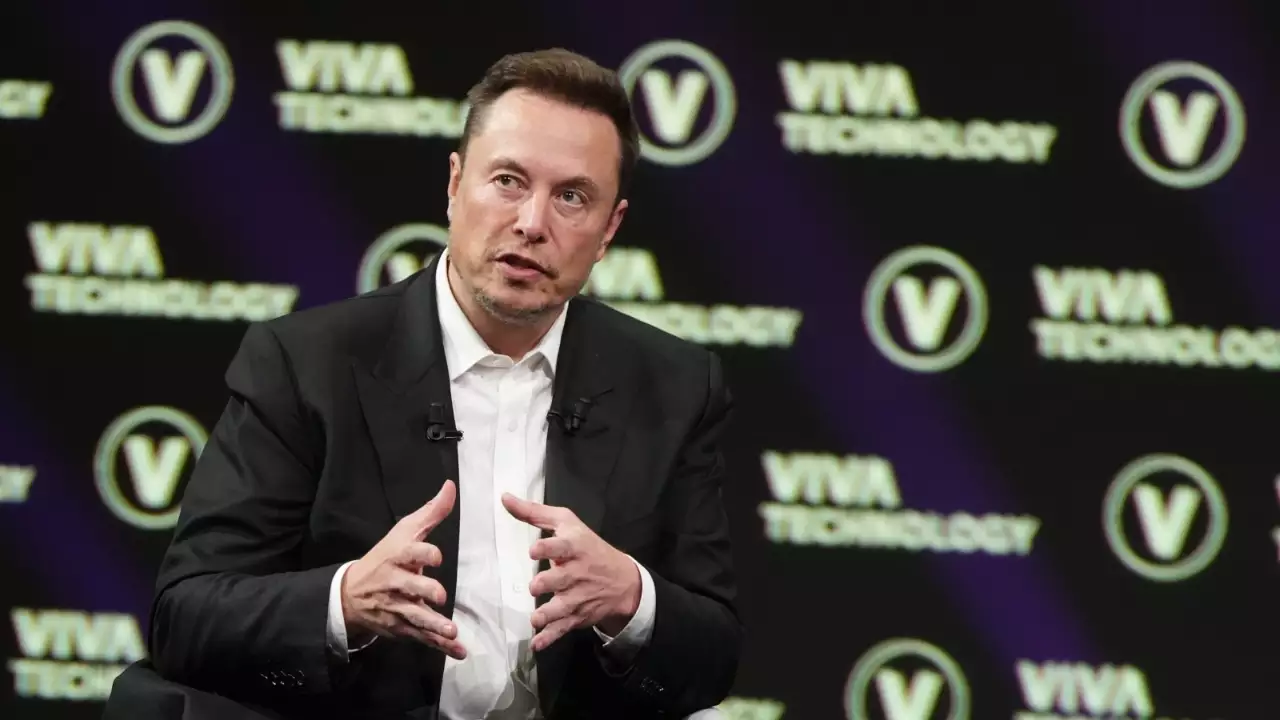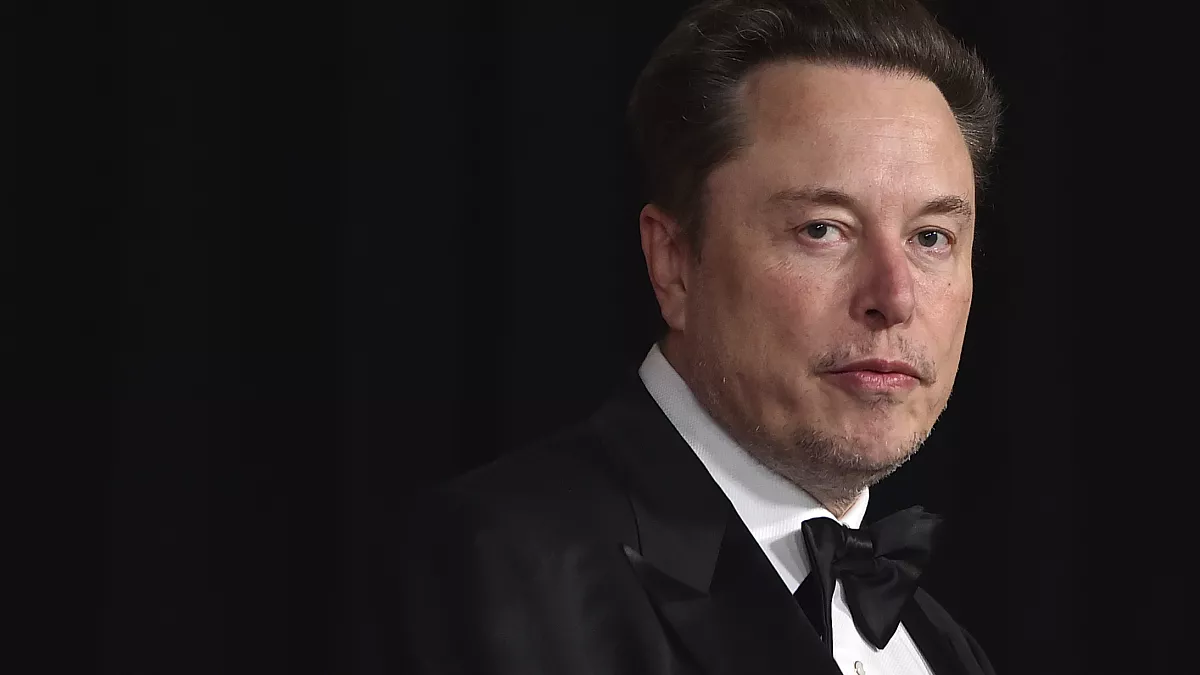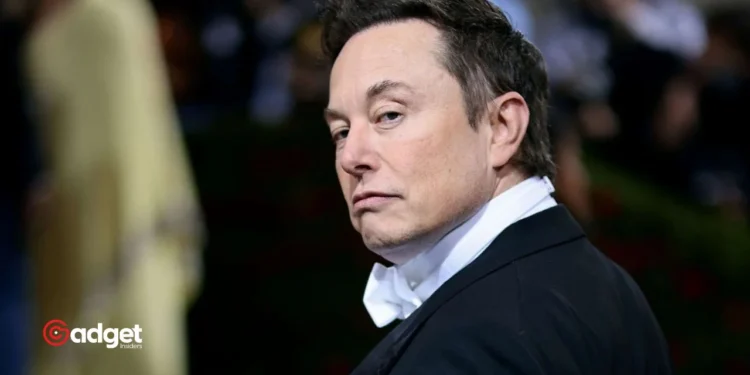As Tesla navigates through a turbulent phase marked by declining sales and strategic shifts, a new drama unfolds centered around CEO Elon Musk’s staggering $56 billion compensation package. This June, Tesla shareholders are called to a pivotal vote that could significantly influence the company’s governance and its iconic leader’s future. The scene is set against a backdrop of a recent court decision and vocal opposition from influential figures like New York City Comptroller Brad Lander.

A Storied Compensation Package Under Fire
The controversy ignited when the Delaware Court of Chancery overturned a 2018 decision approving Musk’s pay package. Described in the court’s post-trial opinion as “deeply flawed,” the compensation plan had previously set records as the largest for any public company CEO—over 33 times larger than its closest comparator, Musk’s previous compensation package. In response, Tesla’s board is making another push for approval at the annual general meeting scheduled for June 13, alongside other critical proposals.
However, the resistance is formidable. Comptroller Brad Lander, overseeing NYC’s public pension funds, which hold investments in Tesla, has emerged as a prominent critic. Lander’s grievances are potent: he challenges the independence of Tesla’s board and Musk’s dedication to Tesla amidst his various other business ventures. “We’re not saying [Musk] doesn’t deserve anything. He deserves a fair pay package, but it needs to be negotiated by a meaningfully independent board,” Lander articulated in an interview with InsideEVs.

Lander’s disapproval extends beyond Musk’s remuneration. He is urging shareholders to reject the re-election of figures like Musk’s brother, Kimbal Musk, and former 21st Century Fox CEO James Murdoch, aiming to instill a board that mirrors the broader shareholder perspective rather than the CEO’s familial ties. “If you want to have a family business, have a family business, and don’t do an IPO. If you want to be publicly traded, then the rules apply here,” Lander commented, emphasizing the need for corporate governance that aligns with shareholder interests.
The Shift Toward AI and the Future of Tesla
Amidst governance debates, Elon Musk’s strategic focus for Tesla has shifted toward advancing its Full Self-Driving capabilities and doubling down on artificial intelligence and robotaxis. This pivot has not convinced everyone, particularly as company faces challenges in maintaining its success as a leading electric vehicle (EV) manufacturer.
Just a reminder that Earth is almost empty of humans, contrary to what many people thinkhttps://t.co/jdzbQsSWzd
— Elon Musk (@elonmusk) May 25, 2024
Despite the controversies, company’s influence on the automotive and technology sectors is undeniable. In 2023, Tesla’s Model Y surpassed the Toyota Corolla as the world’s best-selling car. Yet, company’s market volatility and Musk’s frequent cultural and political skirmishes cast shadows over the company’s operational focus and long-term stability.
“When that same CEO is distracted by work at many other companies and other communications and political activities that bring discord, even amongst your own customer base, that’s not a good recipe for the long-term thriving of the company,” Lander warns.

Conclusion: A Crucial Vote for Tesla’s Trajectory
As Tesla gears up for the June 13 shareholder meeting, the stakes are extraordinarily high. The company is leveraging every available tool—from aggressive advertising campaigns to strategic advisors—to secure approval for Musk’s compensation package.
The outcome will not only decide Musk’s financial remuneration but could also set the tone for its governance, strategic direction, and its role in the broader narrative of technological innovation and environmental sustainability.
This upcoming vote serves as a litmus test for Tesla’s ability to balance bold visions with the demands of corporate governance and shareholder expectations. It’s a high-stakes drama that could define the future trajectory of one of the most watched companies in the world. Whether the company will continue to drive the EV revolution or get sidetracked by governance turmoil remains to be seen.










